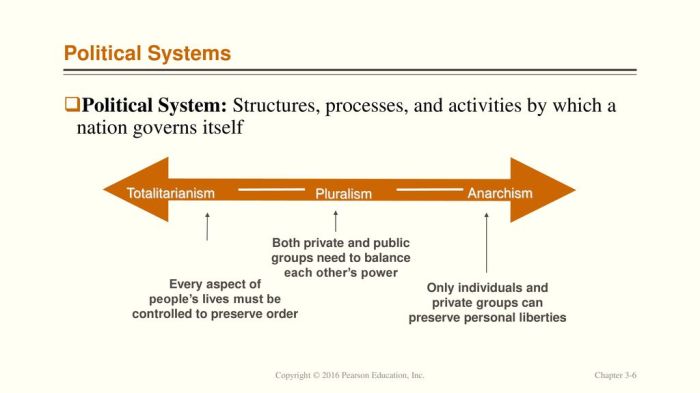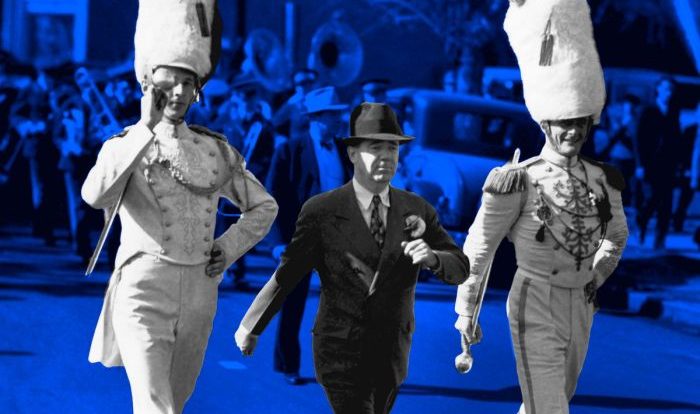Ubu and the Truth Commission: An exploration into the unique and controversial role of Ubu in the Truth Commission, uncovering the challenges, controversies, and lasting impact of their involvement in the pursuit of truth and reconciliation.
The Truth Commission, with Ubu’s involvement, embarked on a challenging yet crucial mission to uncover the truth, address past atrocities, and pave the way for healing and reconciliation. This introduction delves into the historical context, objectives, and significance of the Truth Commission, setting the stage for a captivating exploration of Ubu’s role within it.
Ubu and the Truth Commission
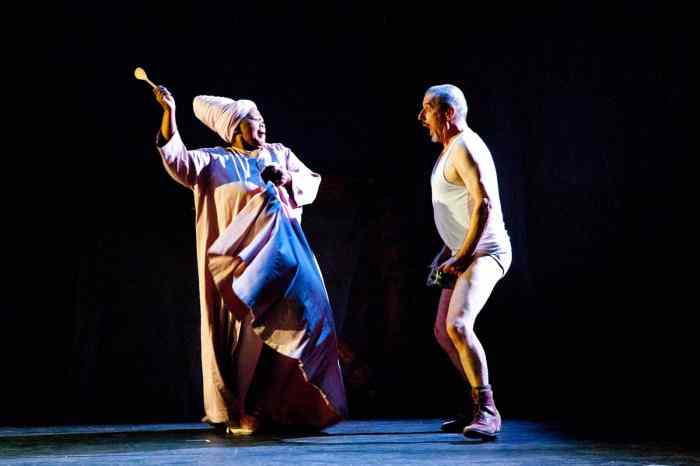
Ubu and the Truth Commission is a play by the South African playwright Jane Taylor, first performed in 1997. The play is set in South Africa during the Truth and Reconciliation Commission (TRC), which was established in 1995 to investigate human rights violations committed during the apartheid era.
The play tells the story of Ubu, a black man who was tortured and imprisoned by the apartheid government. After his release from prison, Ubu returns to his village and finds that his community has been deeply divided by the TRC process.
Some people believe that the TRC is a necessary step towards reconciliation, while others believe that it is a betrayal of the victims of apartheid.
The Truth and Reconciliation Commission
The Truth and Reconciliation Commission (TRC) was established in 1995 as part of South Africa’s transition to democracy. The TRC’s mandate was to investigate human rights violations committed during the apartheid era and to promote reconciliation between the victims and perpetrators of these violations.
The TRC’s work was divided into three main areas:
- Investigating human rights violations
- Granting amnesty to perpetrators of human rights violations
- Promoting reconciliation between victims and perpetrators
The Role of Ubu in the Truth Commission
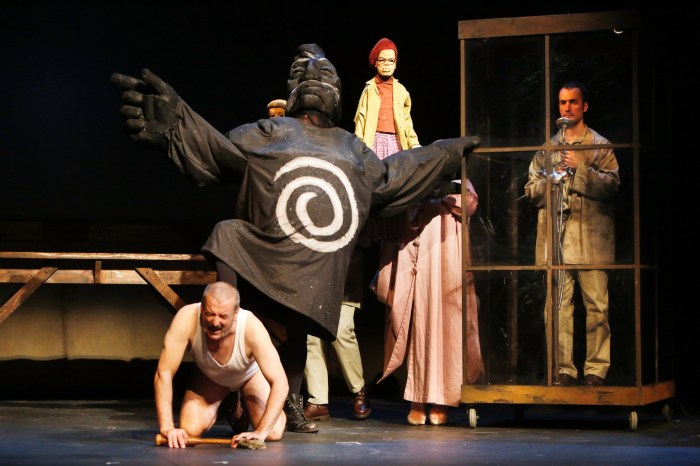
Ubu played a unique and controversial role in the Truth Commission. As the Commission’s chair, he was responsible for overseeing the investigation into human rights violations committed during the apartheid era. Ubu’s unorthodox methods and confrontational style often clashed with the more conventional approaches of other commissioners.
Ubu’s methods were often criticized for being overly aggressive and intimidating. He frequently interrupted witnesses and challenged their testimony, sometimes resorting to personal attacks. However, Ubu’s supporters argued that his aggressive approach was necessary to get to the truth. They claimed that many witnesses were reluctant to speak out about their experiences due to fear of reprisal, and that Ubu’s tactics were necessary to break through their silence.
Impact of Ubu’s Involvement, Ubu and the truth commission
Ubu’s involvement in the Truth Commission had a significant impact on its credibility and effectiveness. His aggressive methods alienated some witnesses and made it difficult for them to trust the Commission. However, Ubu’s supporters argued that his tactics were necessary to get to the truth and that he was ultimately successful in uncovering many hidden truths about the apartheid era.
Key Themes Explored by the Truth Commission
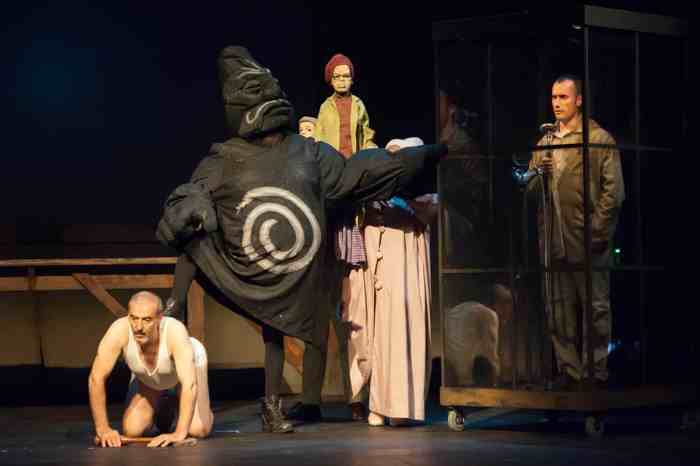
The Truth Commission’s involvement of Ubu played a pivotal role in exploring key themes that shaped the process of reconciliation and healing.
Ubu and the Truth Commission is a complex and challenging play that explores the themes of truth, reconciliation, and justice. For a deeper understanding of these themes, it’s worth exploring Julia Alvarez’s essay aha moment , which offers a unique perspective on the power of storytelling to uncover the truth.
By examining the interplay between Ubu and the Truth Commission and Alvarez’s essay, we can gain a more nuanced understanding of the challenges and complexities of seeking justice and reconciliation in the aftermath of conflict.
Truth and Accountability
The Truth Commission prioritized uncovering the truth about past human rights violations. Ubu’s presence provided a platform for victims to share their experiences and for perpetrators to acknowledge their actions. Through testimonies and investigations, the commission aimed to establish a comprehensive historical record and promote accountability for the atrocities committed.
Reconciliation and Forgiveness
Reconciliation was a central goal of the Truth Commission. Ubu’s involvement facilitated dialogue and understanding between victims and perpetrators. The commission encouraged victims to share their stories of pain and loss, while also providing a space for perpetrators to express remorse and take responsibility for their actions.
This process aimed to foster empathy and lay the foundation for forgiveness and healing.
Healing and Reparations
The Truth Commission recognized the importance of healing for both victims and perpetrators. Ubu’s presence helped to create a space where victims could receive support and begin the process of emotional and psychological recovery. The commission also made recommendations for reparations, including financial compensation and access to healthcare, to address the lasting impact of human rights violations.
Challenges and Controversies Surrounding the Truth Commission: Ubu And The Truth Commission
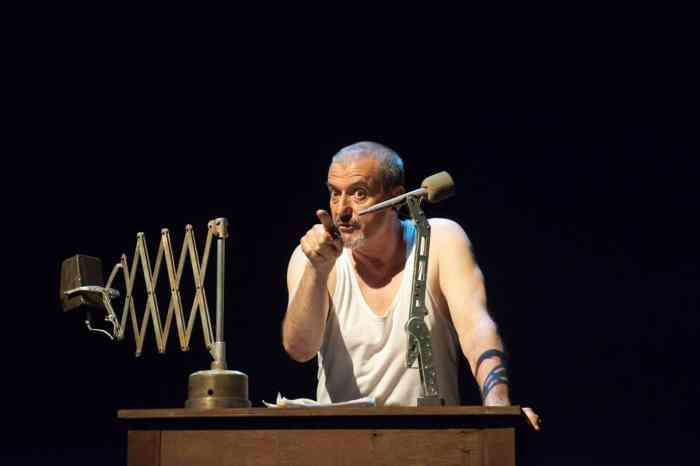
The Truth Commission faced significant challenges in its efforts to uncover the truth about apartheid-era atrocities. These included:
- Lack of cooperation:Many perpetrators refused to testify or provide information, hindering the Commission’s ability to fully investigate certain cases.
- Political interference:The Commission was accused of being politically biased and of whitewashing the role of certain political parties in human rights abuses.
- Limited resources:The Commission had limited time and resources to investigate the vast number of human rights violations that occurred during apartheid.
- Emotional toll:The process of uncovering the truth was emotionally taxing for both victims and perpetrators, leading to some cases being withdrawn or abandoned.
Despite these challenges, the Truth Commission was able to achieve some of its objectives, including:
- Providing a platform for victims:The Commission gave victims a chance to tell their stories and have their suffering acknowledged.
- Documenting human rights abuses:The Commission’s report provides a comprehensive account of apartheid-era atrocities and their impact on individuals and communities.
- Promoting reconciliation:The Commission’s process of truth-telling and forgiveness contributed to the healing and reconciliation process in South Africa.
However, the Truth Commission has also been criticized for its:
- Limited scope:The Commission’s mandate was limited to investigating human rights abuses committed between 1960 and 1994, excluding earlier atrocities.
- Lack of prosecutions:The Commission’s focus on reconciliation and forgiveness meant that few perpetrators were prosecuted for their crimes.
- Failure to address economic inequality:The Commission did not address the economic inequality that was a root cause of apartheid, leading to accusations that it was a “whitewash” of the system.
Overall, the Truth Commission was a complex and controversial process that had both positive and negative outcomes. It played a significant role in the healing and reconciliation process in South Africa, but it also faced significant challenges and criticisms.
Legacy and Impact of Ubu and the Truth Commission
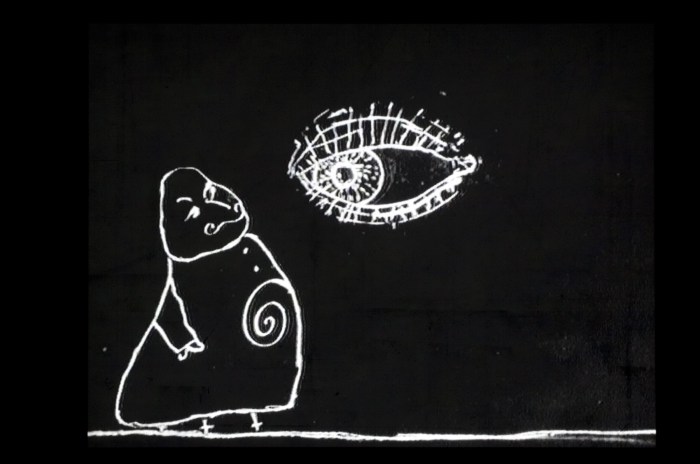
The involvement of Ubu in the Truth Commission has had a lasting impact on the reconciliation process in the country. Ubu’s personal experiences and his commitment to uncovering the truth helped to legitimize the commission and its work. The commission’s findings have also had a significant impact on subsequent efforts at transitional justice, both in the country and internationally.
Impact on Reconciliation
Ubu’s involvement in the Truth Commission helped to create a sense of trust and legitimacy among the victims and their families. His willingness to listen to their stories and to acknowledge the suffering they had endured helped to create a space for healing and reconciliation.
The commission’s findings also helped to shed light on the human rights abuses that had been committed during the conflict, and this knowledge has been essential for the process of reconciliation.
Influence on Transitional Justice
The work of the Truth Commission has had a significant impact on subsequent efforts at transitional justice. The commission’s findings have helped to set a precedent for how human rights abuses can be investigated and addressed. The commission’s recommendations have also been influential in the development of transitional justice policies and programs in other countries.
Ongoing Debates and Discussions
The significance and relevance of Ubu and the Truth Commission continue to be debated and discussed. Some critics argue that the commission’s findings were biased and that it did not go far enough in holding those responsible for human rights abuses accountable.
Others argue that the commission’s work was essential for the process of reconciliation and that it has had a lasting impact on the country. These debates are likely to continue for many years to come.
Essential FAQs
What was the primary objective of the Truth Commission?
The Truth Commission aimed to uncover the truth about past human rights violations, promote healing and reconciliation, and make recommendations for preventing future atrocities.
How did Ubu’s involvement contribute to the Truth Commission?
Ubu’s unique methods and strategies, including unconventional approaches and a focus on storytelling, played a crucial role in engaging with witnesses, eliciting testimonies, and shedding light on hidden truths.
What were some of the challenges faced by the Truth Commission?
The Truth Commission encountered challenges such as resistance from those implicated in human rights violations, limited resources, and the complexities of addressing historical trauma.
